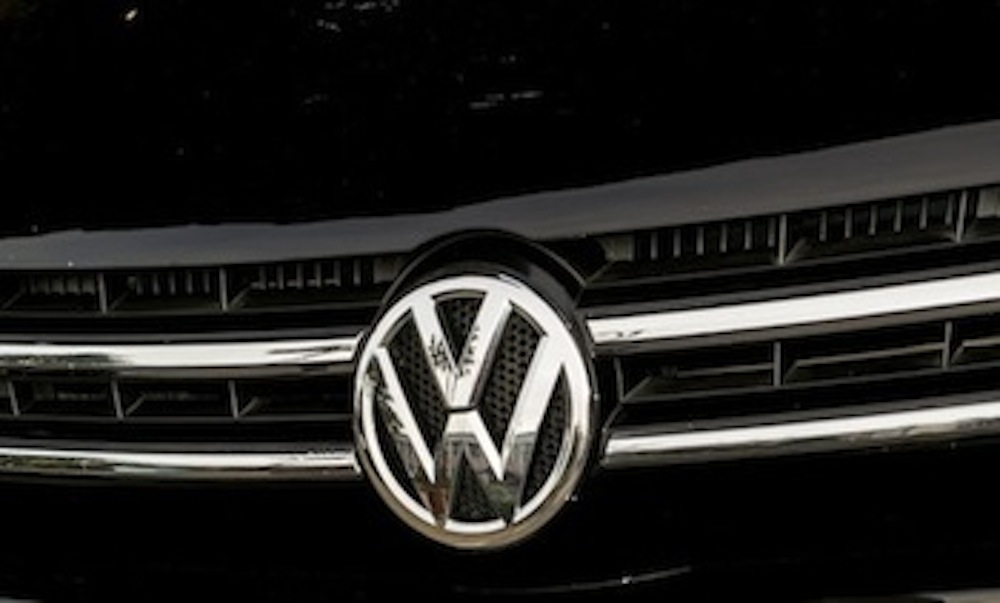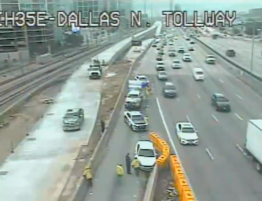
And this story continues to get worse and worse for the German automaker with an estimated 11 million cars (worldwide) now involved. So when you take a closer look, what’s the big deal? Well, several things actually. First, of course, they completely circumvented EPA emissions standards and whether you’re concerned about the climate or not, other car makers are having to play ball. Why not VW? Second, hundreds of thousands of people bought a TDI diesel car thinking they were getting performance and great gas mileage, while driving clean. And that’s clearly not the case. Finally, any remaining 2015 TDI cars from Volkswagen can no longer be sold off a U.S. lot. And the EPA is also blocking the sale of any 2016 models. While a recall has not been announced, there almost certainly will be. And additional items may have to be installed to satisfy emission requirements. If you haven’t guessed by now, it’s a huge mess – especially if you own one. If you’d like a well-informed, factual account of what has happened/is happening with “Dieselgate”, have a look at this article: http://jalopnik.com/your-guide-to-dieselgate-volkswagens-diesel-cheating-c-1731857018 So what remedy do you have? Should you file a lawsuit against VW? Can you ask your dealer to buy your car back? Certainly you can check with your dealer and see if a buy back is an option, but in the meantime, you might want to hold tight to see what happens. It is a virtual certainty that the German government is going to investigate, starting at the top, and may well bring criminal charges, for fraud, against individuals and possibly the company itself. The U.S. Attorney General will most likely bring causes of action for consumer fraud against Volkswagen. And closer to home, here in Texas, Harris County just filed a $100 million dollar environmental suit against Volkswagen claiming they polluted Harris County with harmful chemicals. However, fines and criminal charges will only be part of the cost for VW. First, Volkswagen has to determine how to fix the effected cars and how to pay for it. Then the company has to determine whether or not the repair will compromise the performance or fuel economy of the vehicles. Of course the answer to these questions could result in lost value to the vehicles and their owners. Ultimately, the fix along with the loss of value component could amount to several thousands of dollars per car. With an estimated 11 million cars (worldwide) now involved, you do the math. So while the final remedy may be too premature to predict at this point, it is never too early to begin protecting your rights. Keep an eye on this story – it promises to be an epic tale.









